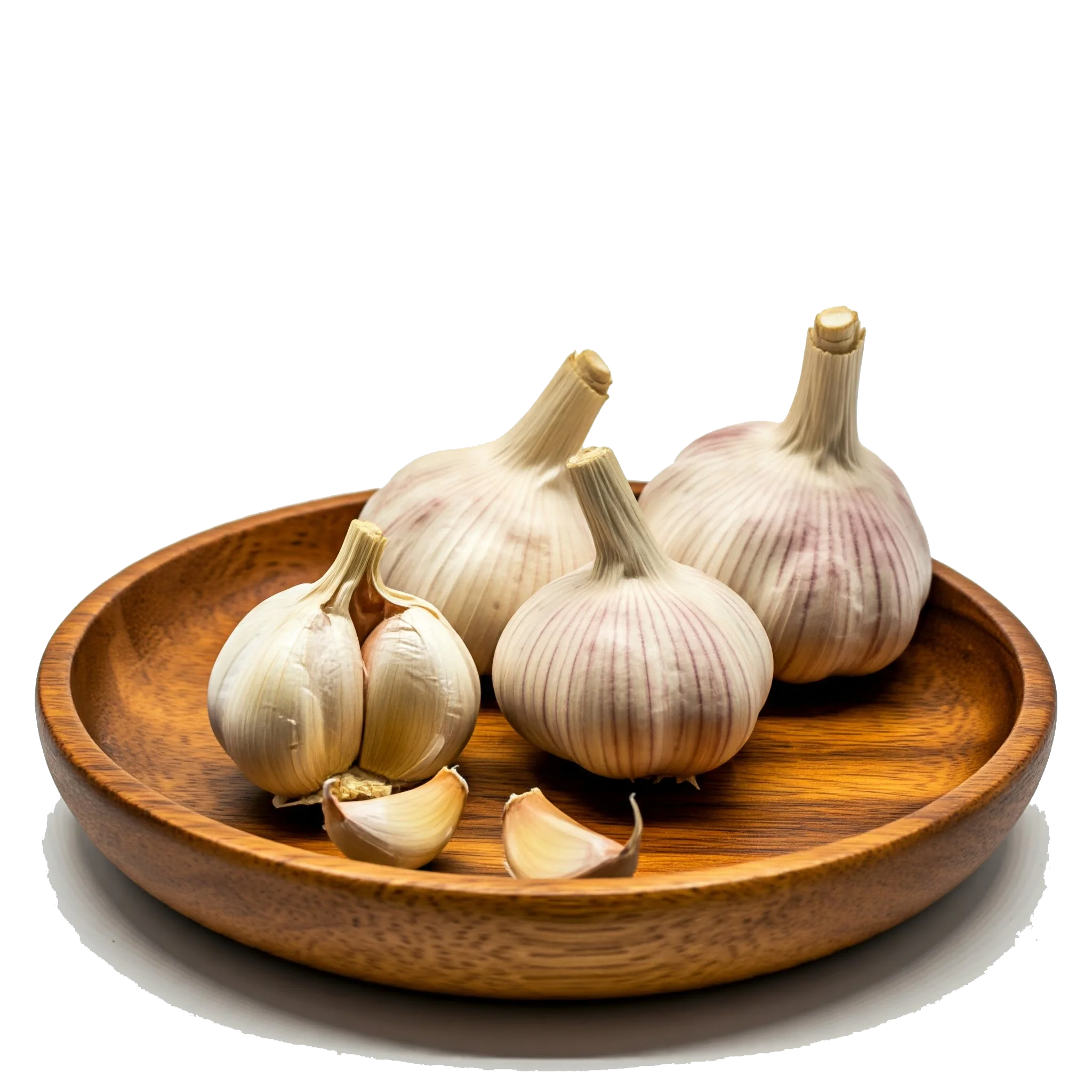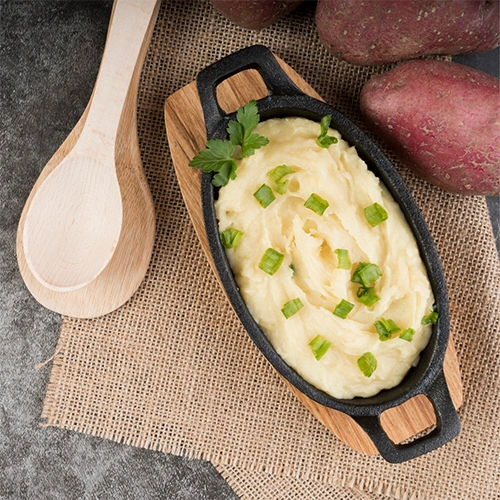

Top Health Benefits of Mashed Potatoes You Need to Know
Mashed potatoes, especially when prepared with real potatoes, milk, and butter, offer a variety of nutritional benefits. They are a rich source of carbohydrates, primarily in the form of starch, which provide quick and sustained energy. Potatoes also contain essential vitamins such as vitamin C and several B vitamins, including B6, which supports brain health and energy metabolism. They are high in potassium, an important electrolyte that helps maintain healthy blood pressure and nerve function. When made with milk, mashed potatoes also contribute calcium and small amounts of protein to the diet. While the addition of butter adds saturated fat, it also increases the overall richness and satiety of the meal. This dish can be a comforting and satisfying part of a balanced meal when enjoyed in moderation.
 Potato : 5 Piece
Potato : 5 Piece Cow Milk : 1 Cup
Cow Milk : 1 Cup Dairy Butter : 50 g
Dairy Butter : 50 g Salt : as needed
Salt : as needed black pepper : to taste
black pepper : to taste Garlic : 1 clove
Garlic : 1 clove Green onions : 4 sprigs
Green onions : 4 sprigsRecipe :
For 4 people
Enjoy your creamy, comforting homemade mashed potatoes!
When preparing mashed potatoes, it is crucial to choose the right type of potato—Yukon Gold or Russet potatoes are ideal due to their high starch content, which creates a creamier texture. Cut the potatoes into evenly sized chunks for uniform cooking, and always start boiling them in cold, salted water to ensure even heat distribution and better flavor absorption. After boiling, allow the potatoes to steam-dry for a few minutes before mashing, as excess water can make the mash gummy. Warm the milk before adding it to prevent the potatoes from cooling too quickly and to blend more smoothly. Avoid over-mashing, especially with a blender or food processor, which can result in a gluey, unappetizing texture. Seasoning is also key—taste as you go and adjust salt, pepper, and other optional flavors like garlic or herbs to enhance the final dish.

Mashed potatoes can be a great fit for several dietary approaches, but they are not universally suitable for all. They are naturally vegetarian and gluten-free, making them accessible to those avoiding meat and gluten-containing grains. However, they are not appropriate for ketogenic or low-carb diets due to their high carbohydrate content. Traditional mashed potatoes also do not align with vegan diets unless the butter and milk are replaced with plant-based alternatives like olive oil and almond or oat milk. For those following a Paleo diet, white potatoes are generally excluded, though some modified versions of Paleo may allow them in moderation. While mashed potatoes can be included in the DASH diet if sodium and fat levels are controlled, they may not be ideal for individuals seeking low-calorie or high-protein meals unless adapted with portion control and ingredient substitutions. Understanding the specific guidelines of each diet is essential before incorporating this dish.
...